“Writin’ a book is a big durn deal, ya dig? Sometimes, people be like’n ta change the way they be writin’… to repre-zent a way of speakin’ or actin’ that ain’t necessarily the way it’s suppose to be written… ya get meh?”
But then again, sometimes people mistake passive or messy writing for stylistic choices.
These two are not the same.
Some of you who may be new to writing probably don’t think much about what an editor might say (or do!) to your manuscript, but the fact of the matter is, you can have the cleanest draft ever, and if your editor is skilled, they’ll send back a red-lined manuscript that makes you want to weep. There’s a big difference in writing and editing a book, and most people (editors included) have difficulty with that, because writers understand the book in a way that is completely different than readers or editors do.
Writers know all of the intimate details of a book (like we discussed previously), and sometimes, they can get a little butt-hurt when someone suggests anything changes. This is NORMAL. And trust me, everyone does it.
I try to remain professional when I edit, always making certain that my inflectionless type isn’t going to offend… but there are some writers who are bound to get hurt because that’s their baby you’re trying to cut in half here. I get it. I TOTALLY DO. Because I have had to suck up the pain of a mean edit, cry over my keyboard, and then start the hacking anyway, and it totally feels like losing a limb. It really does.
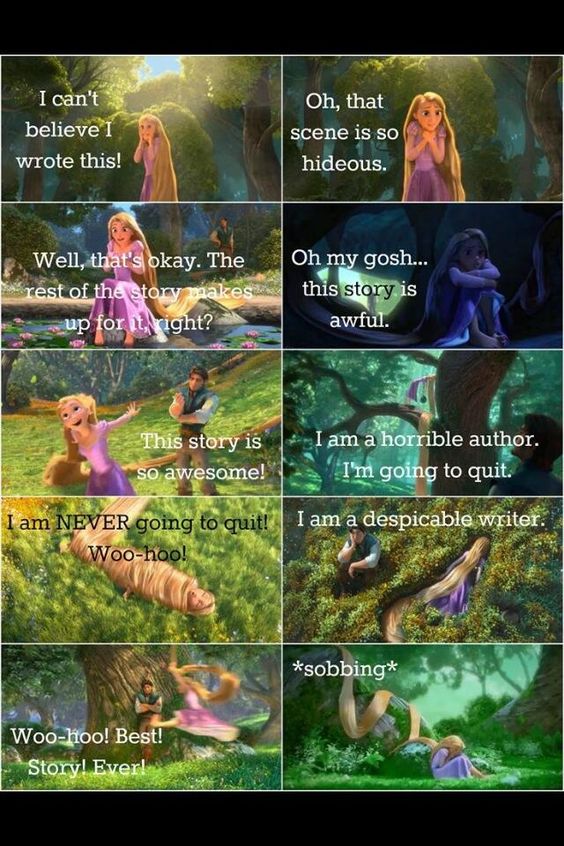
Pinterest
The actual stages of getting a book edited.
One of the things that I see authors cling to, time and again, is the old “That can’t be changed because it’s a stylistic choice, not XYZ whatever editor says.”
Let’s clarify something here, okay? Messy and/or passive writing is not typically a stylistic choice, and therefore all the wailing and gnashing of teeth in the world won’t help.
There are certain things that we, as editors, must do, and cleaning up these instances is not a grudge; it’s our job.
- I have worked on books for people who spoke English as a second language who’ve accused my attempts to clarify the common American phrases they were using incorrectly as attacking their stylistic choice. (These were not intentional… it was a case of simply misunderstanding their meaning or use.)
- I have worked with authors who have honestly fought with me over ending a sentence on a preposition (which is TOTALLY OKAY).
- I have had people fight with me over deleting ‘and’ or ‘but,’ because it’s ‘okay’ to start sentences with them… (Not every other line, it’s not!)
- I’ve even had authors argue with me on words that were misspelled entirely and claim it as a stylistic choice. No. Spelling the name of a country wrong in a historical fiction piece is not a choice. It’s a mistake.
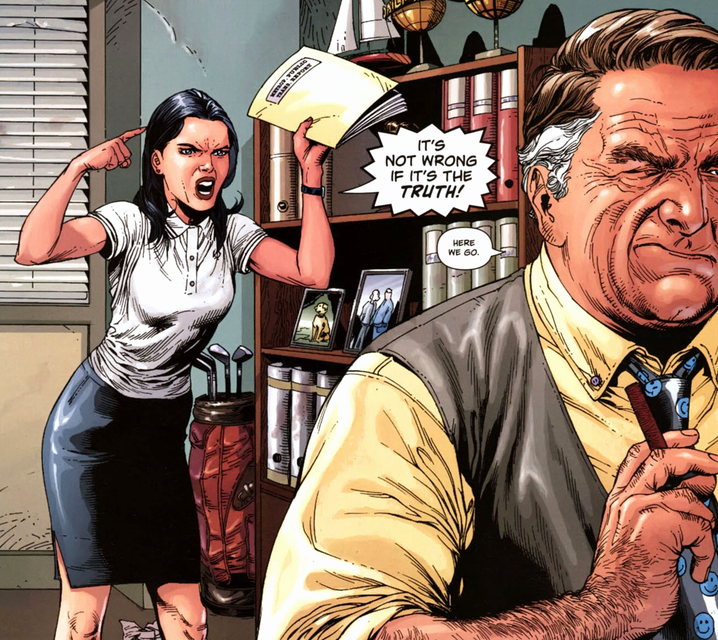 Tumblr
Tumblr
No. Bad author! Bad!
My point is that some authors (maybe you?) have some serious bones to pick with their editors over changes that are totally required. Grammar and punctuation are two of these things.
One of the biggest ‘stylistic choices’ I’ve run across though, is that of the passive sentence.
When an editor looks over your manuscript, s/he is going to look for several elements, including something we call ‘voice,’ which is the style with which you write. Styles might include quirky ways the character’s dialogue is displayed, like above, particular repetitive habits, phrases, sentence structure (using fragments, for one), or any other way in which your particular author’s ‘voice’ comes through the words.
Pick up a book, any book. If you open that first page, the way in which one author writes may be similar to another, but they each have their own voice that is undeniably them. It is your editor’s job to preserve this voice in all of their edits and to maintain your stylistic choices.
There are books that occasionally defy the typical writing process. One such book, Crank, writes from the perspective of entries of a person falling into drug addiction. As the author goes on, the writing becomes less stable and more chaotic, more poetic, mirroring the character’s slipping sanity. This is a stylistic choice, most definitely. And it works! The editor preserved that choice while also doing away with sloppy or passive writing.
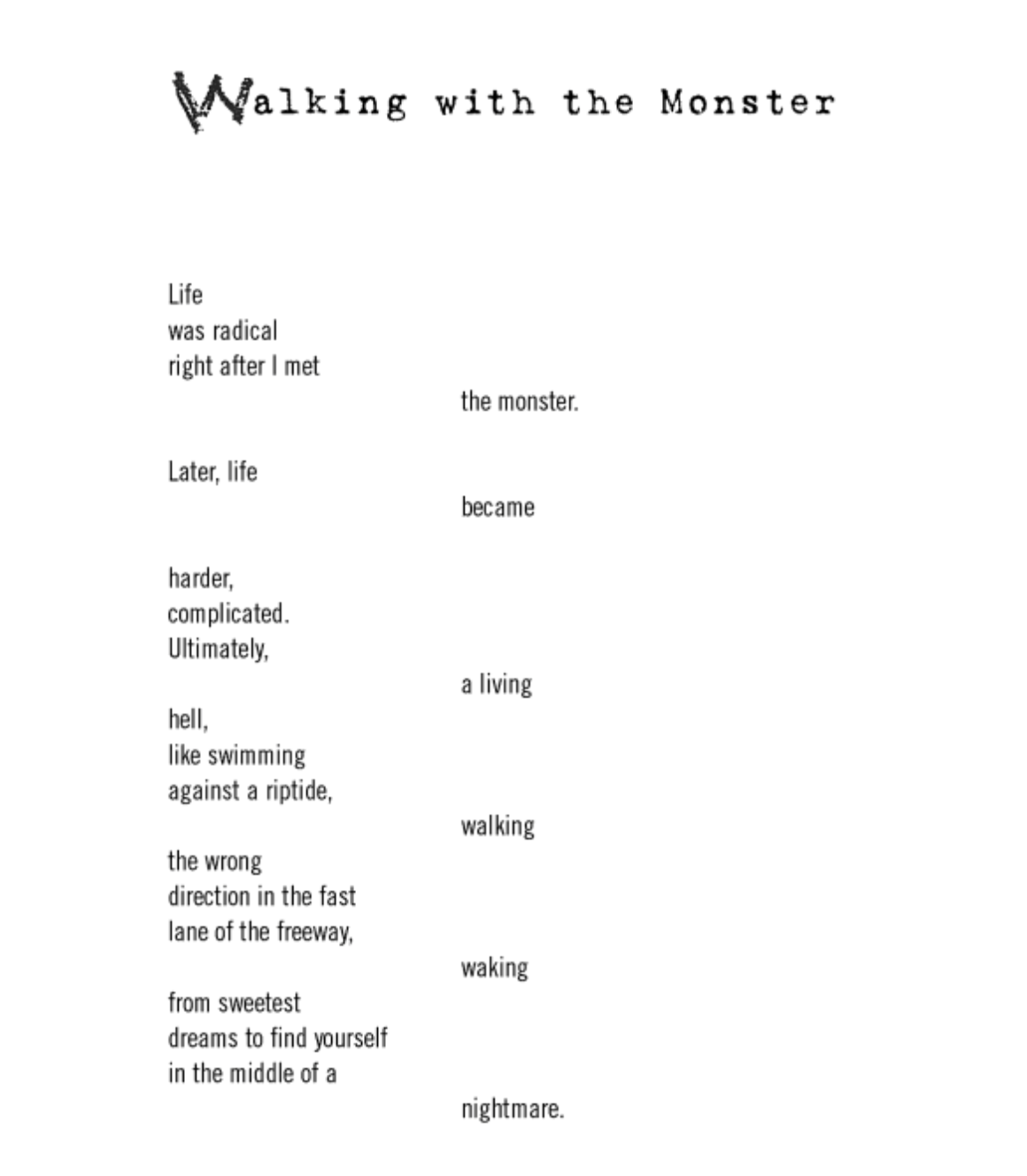
One of the style guidelines of the companies I’ve worked for told its editors to do a search on the words was/were throughout the document and correct them if necessary. So a sentence like, “The purse was stolen,” might be okay if your character says it in dialogue, but in your narration it would typically be a no-no. (Unless it’s something like say, a crime novel where you don’t actually know who took the purse.)
The proper way would be something more like, “He stole her purse,” which assigns blame, or “Someone stole the purse,” which leaves it a little more ambiguous. Now, this is not an exact science, because someone is going to write in such a way that the passively worded sentence might be more appropriate. In that case, it would be a stylistic choice… but most people don’t do that on purpose, and the rest of the writing will define that for an editor.
Incorrect: Henry was standing by the tree when she was pulling into the driveway. Her arrival was making him wait.
Correct: Henry stood by the tree when she pulled into the driveway. He was waiting for her. (This last ‘was’ is fine, because it’s an active sentence where Henry, the subject, is the one performing the action.)
I walked into the lobby, and in the corner, a song was being sung by Sam. <-This type of sentence is unfortunately very common, and it’s a bit messy.
I walked into the lobby. In the corner, Sam was singing by himself. <-This is a better way of phrasing it, because it corrects the passive bit, ‘a song was being sung’ to the active voice, ‘Sam was singing.’ In this way, the ‘was’ is still correct, but the passivity has been removed from the sentence.
Again, these are not stylistic choices. They are examples of messy writing that everyone at some point is bound to do—yes, even editors on the occasion!
The most important thing to remember in writing in a particular style (which could include passive sentences/voice) is to make it abundantly clear in your writing so your editor can tell the difference. If you have a couple of instances of messy writing but the rest of your work is clean, you probably can’t argue it’s a style choice.
If you have a character that purposely speaks with a specific dialogue that requires the butchery of American English spelling, that is a style choice. If your narrator dictates the story in an unusual style, then make sure your editor can tell.
One piece of advice that is of the utmost importance is this: If your editor doesn’t know, can’t understand, or doesn’t see the connection, neither will your readers.
Happy writing, Inklings, now get to work!
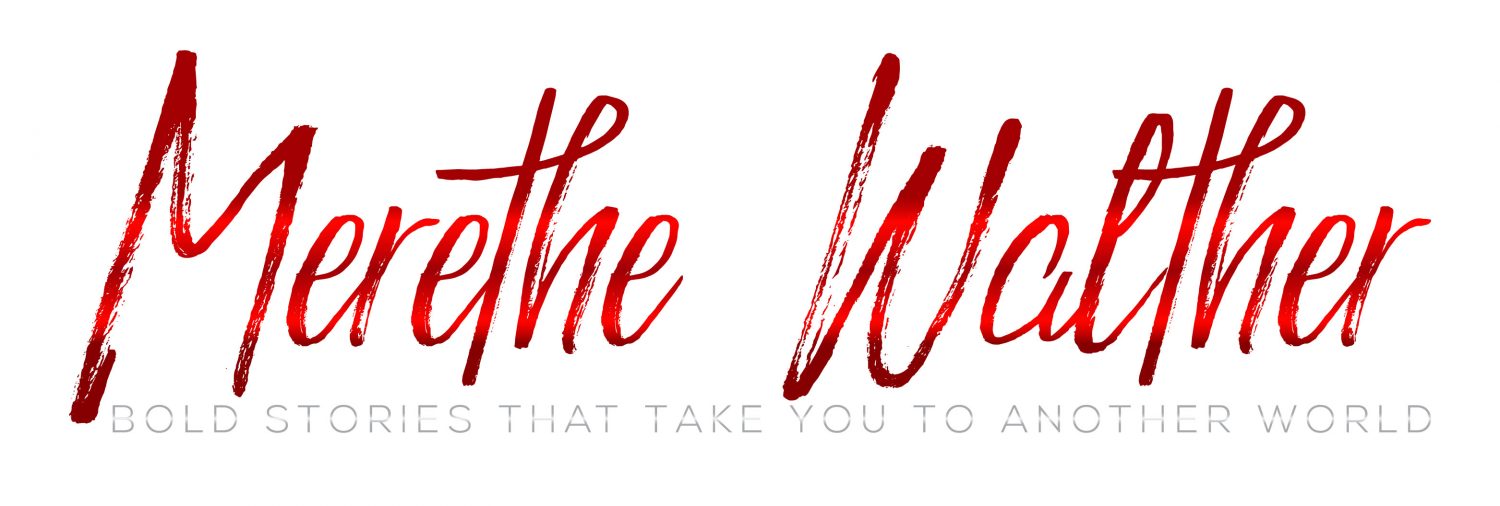
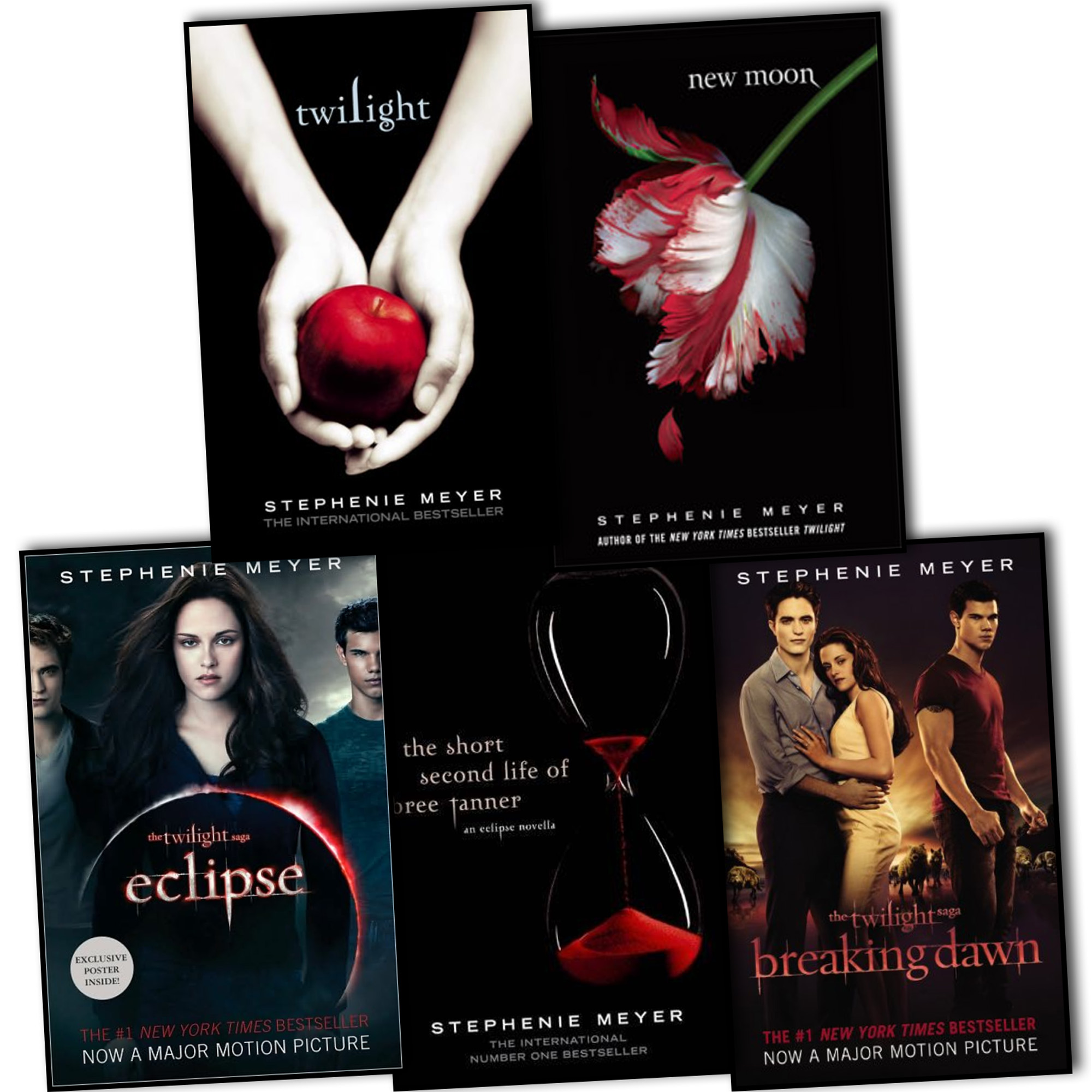
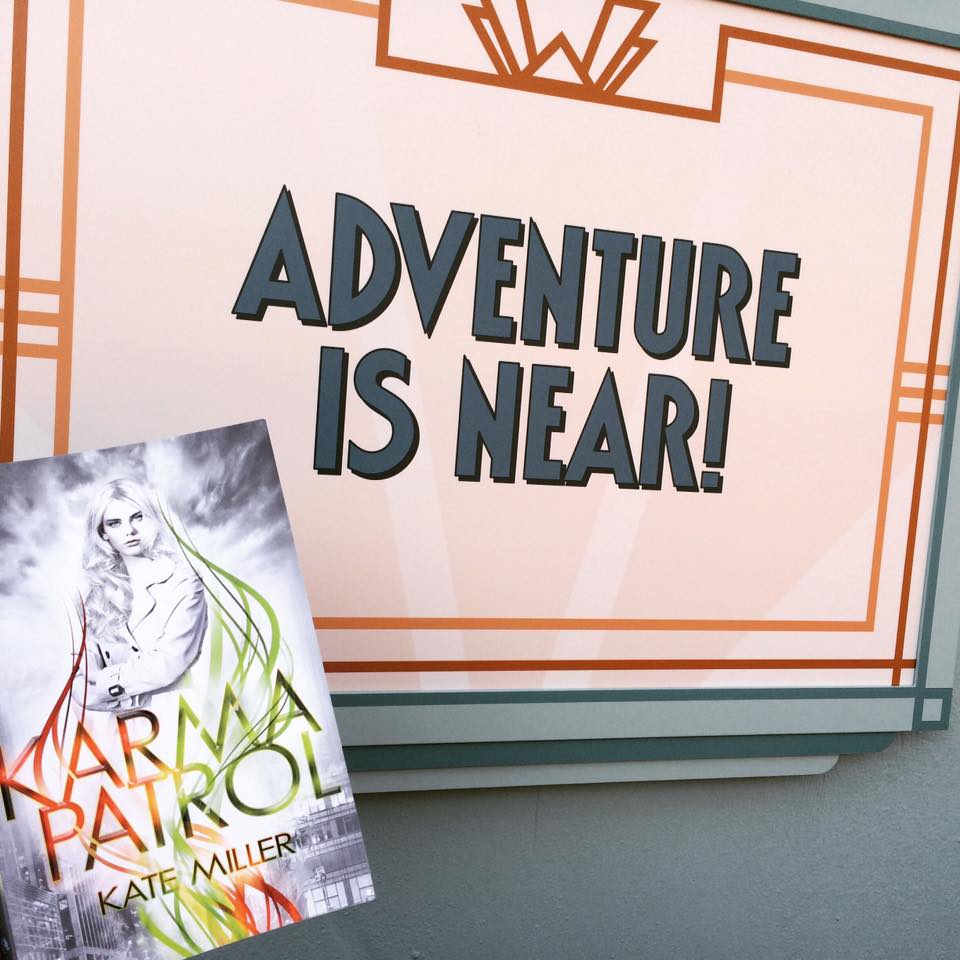 October 2013: Lightning strikes! Concept for Karma Patrol is born.
October 2013: Lightning strikes! Concept for Karma Patrol is born.








You must be logged in to post a comment.